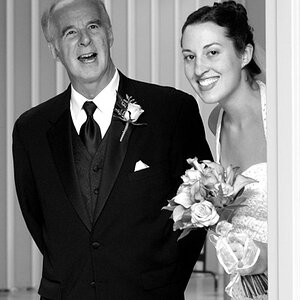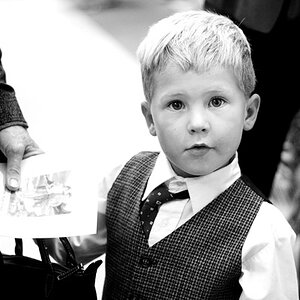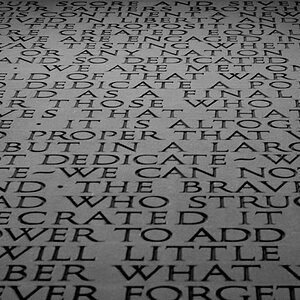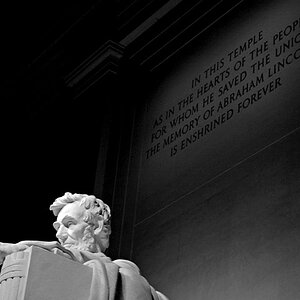iluvphotography
TPF Noob!
- Joined
- May 5, 2006
- Messages
- 132
- Reaction score
- 0
- Location
- Vancouver, Canada
- Can others edit my Photos
- Photos OK to edit
So I am looking in to buying a new laptop and I want to use it for mostly my photos, photoshop, editing etc. Does anyone know what do I have to look for? Like is 80GB hard drive too small? should I get a computer with Media centre? What brand? etc.
I really don't trust the sales people at the big electronic stores so I need advice from some of you computer experts..
Thanks
I really don't trust the sales people at the big electronic stores so I need advice from some of you computer experts..
Thanks


![[No title]](/data/xfmg/thumbnail/38/38262-10a9668da9a2b36a92cddde57caf87bc.jpg?1619738547)
![[No title]](/data/xfmg/thumbnail/37/37618-4cd08d553e4ce30fd49570b1ba8259f2.jpg?1619738152)
![[No title]](/data/xfmg/thumbnail/38/38261-db20f6f92ee8f0d4c5cf1536e308638b.jpg?1619738546)
![[No title]](/data/xfmg/thumbnail/37/37619-ccc825bbe41ff30b1d1e808dec8d6932.jpg?1619738152)
![[No title]](/data/xfmg/thumbnail/32/32699-3434a76363cb383404e00a3cd5ed5728.jpg?1619735601)


![[No title]](/data/xfmg/thumbnail/35/35667-929554d4a99c11e00cc6fb65672d03e0.jpg?1619737090)



![[No title]](/data/xfmg/thumbnail/35/35670-0571a45fff5cc94fc333fb959ce54517.jpg?1619737091)